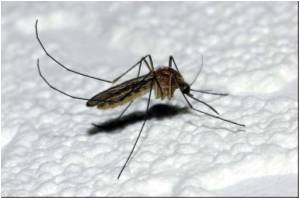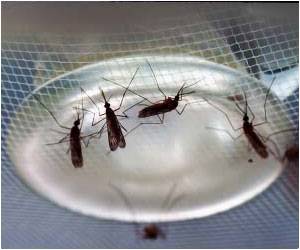Two parasite enzymes called peptidases have been validated as potential anti-malarial drug targets.

"The basis for this research was to use small molecule inhibitors to help understand the biology of the malaria parasite and to find new drug targets as drug-resistant parasites necessitate the discovery of new antimalarials," said Doron C. Greenbaum, assistant professor of pharmacology at Penn, who led the collaborative study.
The P. falciparum parasite, delivered in a mosquito bite, causes malaria once it takes up residence in the human host's red blood cells and begins to digest hemoglobin, the protein that carries oxygen.
The parasite multiplies and is picked up from the bloodstream when the mosquito feeds. Scientists are interested in determining which enzymes are responsible for generating amino acids from the hemoglobin in the feeding process.
Two enzymes, called aminopeptidases, have been proposed as being responsible for releasing single amino acids from proteins, or peptides.
The study has been published in the journal Proceedings of the National Academy Sciences.
Advertisement










